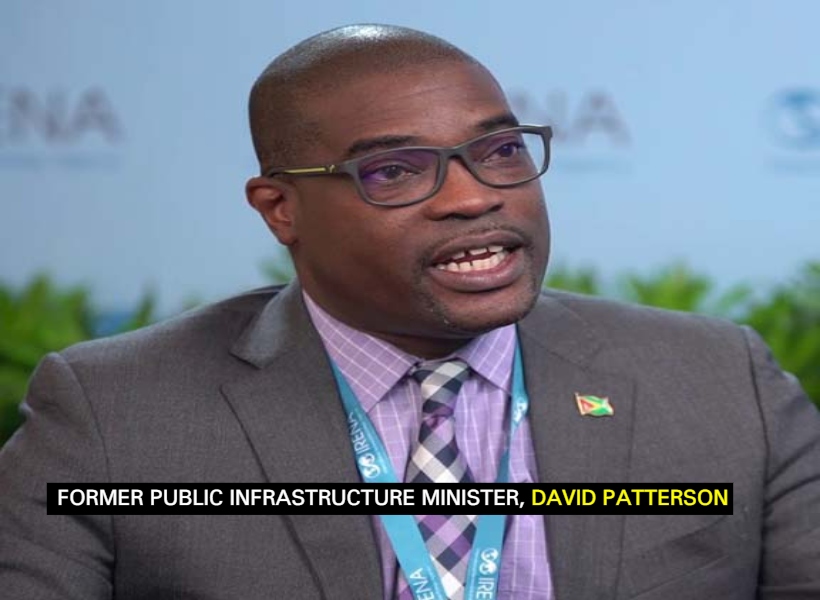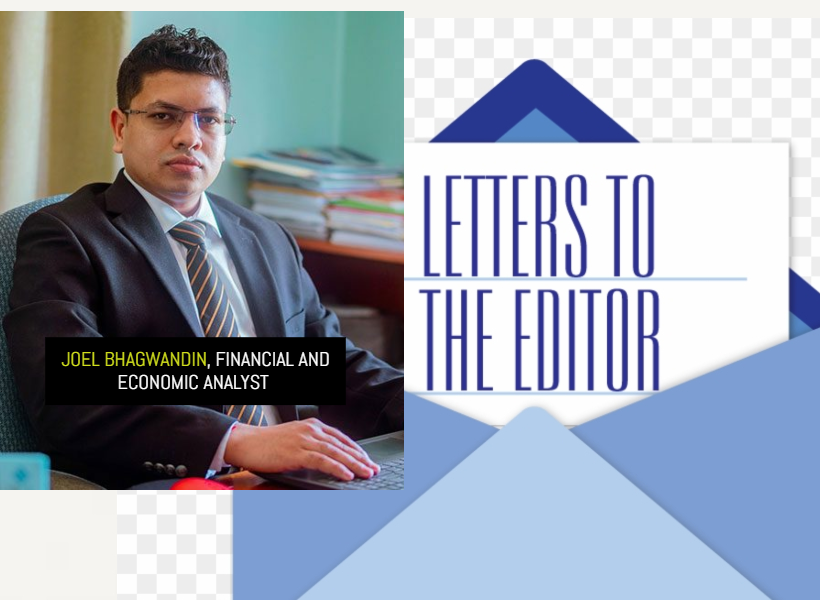Financial Analyst, Sasenarine Singh believes that one of the many impediments in the way of Guyana achieving a thriving economy is the monopoly that the Guyana Telephone Telegraph (GTT) continues to enjoy.
In fact, Singh who was once known as an avid supporter of the Alliance For Change (AFC), said that the APNU+AFC government’s failure to liberalize the telecommunications and ICT sectors has turned out to be one of the most obvious betrayals to the Guyanese people. He even labelled the party’s promise to liberalize the sector as a “hoax.”
For decades, GTT has been, and continues to be, Guyana’s exclusive licensed provider of wireline local and long-distance voice and data services into and out of the country. GTT also collects payments from foreign carriers for handling international long-distance calls originating from the foreign carriers’ countries and terminating on GTT’s network.
As of Sept 30, 2019, GTT had an aggregate of approximately 161,000 access lines in service in Guyana, which represent both residential and commercial subscribers, a monopoly.
Recently, Singh told Guyana Standard that the APNU+AFC understands the importance of liberalizing the telecommunications sector, hence, it was included in the 2015 manifesto. He said that it is now clear that successive governments have failed Guyana in that area as it is now well over four years after the promised deadline (100 days) for the liberalization of the telecoms and ICT sectors.
Meanwhile, “Guyana is suffering from some of the worse performances concerning internet and telecoms services in the entire western hemisphere,” said Singh.
In a written analysis which he provided to Guyana Standard, Singh said, “The empirical evidence and cross-country analysis have proven that liberalization matters since it attracts new investment; causes the national asset base to expand; creates new jobs; creates new wealth per person since it improves choices and capacity to the end-users and sends the thinking capacity of a nation to another value-added level because it encourages innovation.”
The financial analyst said that each day without liberalization is just another “day of overpaying for an under-provided service.”
Singh said too that the economic losses to Guyana “are massive because of this domination of the telecoms and Internet space by one company. While the tele-density in the nation in 2017 is relatively high because of the lucrative mobile telephone industry, when it comes to Internet access it is at a pathetic 37% according to the International Telecoms Union (a UN Agency). The average across the western hemisphere is 78% and across the Caribbean is 50%.”
Singh said that studies have shown that countries with higher levels of connectivity significantly out-perform others who have such pathetic connectivity as Guyana.
He added that goals of liberalization are extremely simple—increase competition to drive down the unit cost to the consumers with a view of expanding access, which can redound to increased profitability for all the players in the industry as more people log on.
Singh said it is evident that the failure to liberalize the telecoms sector is destructive to the national interest and is preventing other competitors like Cable and Wireless from looking at Guyana as an investible opportunity.
“Besides, the most important economic benefit from a better telecoms network is the increase in productivity. So why are the authorities in Guyana not closing this show so that we can harvest the efficiency gains from a liberalized sector,” Singh questioned.









